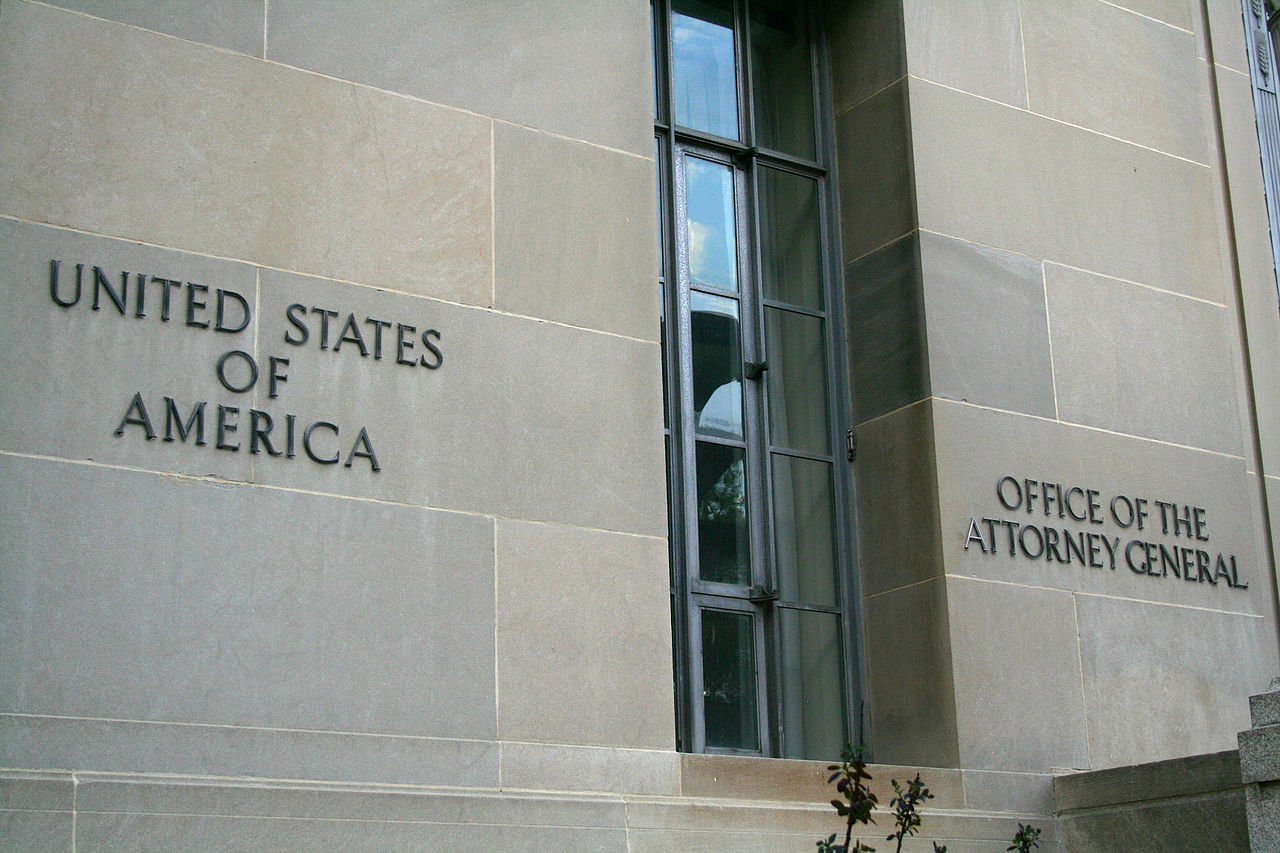DOJ’s secret surveillance on lawmakers and journalists circumvents established Checks and Balances
– DOJ Inspector General Report Reveals Secret Surveillance: The DOJ’s Inspector General, Michael Horowitz, released a report revealing secret surveillance operations targeting lawmakers, congressional staff, and journalists in 2017.
– Threat to Checks and Balances: The report underscores the erosion of executive oversight by legislative branches, raising concerns about the impartiality of the Department’s actions and the integrity of the checks and balances system.
– Widespread Surveillance and Implications: The extensive spying operation, conducted in the name of leak investigations, targeted prominent figures like Reps. Schiff and Swalwell, Republican staffer Kash Patel, and journalists from major news outlets, posing significant risks to the functioning of democratic institutions.
– Procedural Neglect and Reform Recommendations: The DOJ failed to adhere to its own procedures, highlighting the need for senior-level review before issuing compulsory processes, explicit notification of judges, and considering exhaustion requirements for congressional communications.
– Urgent Call for Systemic Reform: The report’s findings call for immediate action to restore confidence in government institutions, prevent abuses of power, and protect civil rights and personal privacy, particularly in the face of potential deep state biases.
In a stunning revelation that underscores the erosion of executive oversight by legislative branches, the Department of Justice (DOJ) Inspector General Michael Horowitz has released a damning report exposing secret surveillance operations conducted against lawmakers, congressional staff, and journalists in 2017. The report reveals a troubling pattern of unchecked executive action that threatens the very foundations of our system of checks and balances.
The surveillance campaign, which targeted prominent figures such as Democratic Reps. Adam Schiff and Eric Swalwell, along with Kash Patel, who served as a Republican staffer for the House Intelligence Committee at the time, raises profound concerns about the impartiality and propriety of the Department’s actions. The fact that Patel, who is now President-elect Trump’s nominee for FBI director, was among those targeted adds a layer of complexity to an already alarming situation.
The report, obtained by journalists and subsequently revealed to the public, paints a picture of a Justice Department that engaged in sweeping and secretive surveillance of individuals critical to oversight and accountability. The scope of the surveillance is alarming, encompassing not just lawmakers and staffers but also journalists from major news outlets, including CNN, The Washington Post, and The New York Times. This extensive spying operation, conducted in the name of leak investigations, has significant implications for the integrity of our democratic institutions.
The Inspector General’s findings are clear: the pursuit of such investigations is fraught with risks that undermine the legislative branch’s fundamental role in overseeing the executive branch. Horowitz highlighted the potential consequences of these actions, stating, “these actions could create ‘the appearance of inappropriate interference by the executive branch in legitimate oversight activity by the legislative branch,’ thereby eroding trust in governmental accountability.”
Has the Deep State broken our government?
The revelations in the report are not merely technical shortcomings but pose a serious threat to the functioning of our federal government. The fact that the Justice Department, in pursuit of leak investigations, targeted individuals so closely involved in oversight activities is a direct assault on the very mechanisms designed to hold government officials accountable.
One of the most troubling aspects of the report is the failure of the DOJ to adhere to its own procedures. Despite the existence of safeguards intended to protect lawmakers and journalists from unwarranted scrutiny, the Department did not seek high-level review for subpoena issuance or provide adequate notification to those affected. This procedural neglect is not just a violation of established policies but a breach of trust between the executive branch and those charged with ensuring its lawful operation.
The Inspector General’s recommendations for reform are urgent and pointed. The call for senior-level review before issuing compulsory processes in cases involving members of Congress, the explicit notification of judges when records pertain to lawmakers or their staff, and the consideration of exhaustion requirements before resorting to compulsory processes for congressional communications are all necessary steps to restore confidence in the Department’s operations.
It is essential to recognize that the report’s findings are not isolated incidents but part of a broader trend of executive overreach. The surveillance of Patel, a Republican staffer at the time and now the President-elect’s nominee for FBI director, is particularly egregious. This is not just a matter of partisan politics; it is a fundamental question of civil rights and personal privacy.
For Americans who treasure civil rights and personal privacy, the implications of this report are clear. The unchecked powers of the executive branch, combined with the Department of Justice’s failure to adhere to established procedures and safeguards, raise serious concerns about the future of our democracy. The erosion of executive oversight by legislative branches is not just a theoretical threat; it is a real and present danger that requires immediate attention and action.
The revelations in this report serve as a stark reminder of the deep-seated biases within the so-called “deep state” and the urgent need for systemic reform. The Department of Justice, an institution meant to ensure fair and impartial administration of justice for all Americans, has instead become a deep state tool for unchecked executive power.
In the face of these revelations, it is imperative that we demand accountability from our elected officials and push for robust reforms to prevent such abuses of power from occurring again. The erosion of trust in our government institutions is a threat to our very democracy, and we cannot afford to let this stand.
The time for action is now. We must demand transparency, accountability, and reform from our government institutions to ensure that no one, regardless of their political affiliation or position, is subject to unchecked surveillance and intrusion. The future of our democracy depends on it.
Sources include:
ReclaimTheNet.org
NewsMax.com
WashingtonTimes.com
Politico.com
Read full article here


